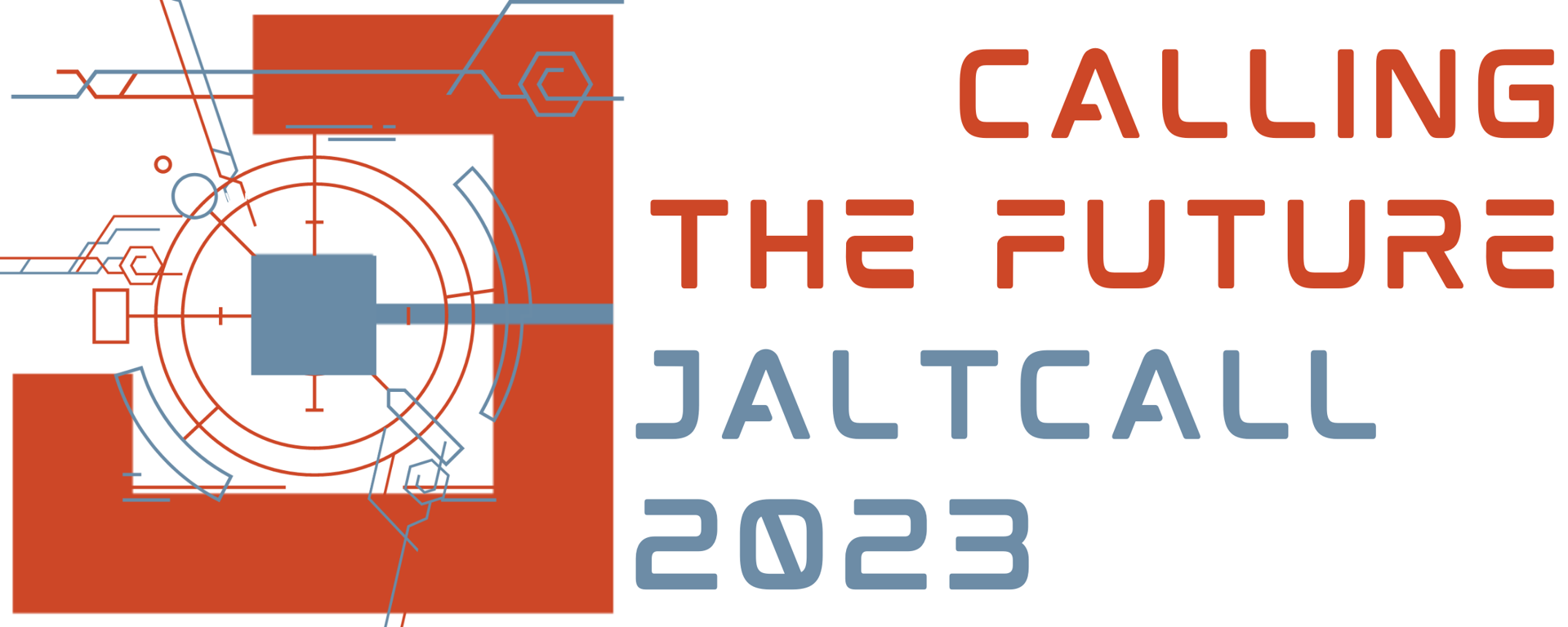2023-06-03, 10:10–10:40 (Asia/Tokyo), D1
Language: English
L2 learners, particularly at beginner and intermediate levels, often struggle with lexico-grammatical accuracy and writing fluency errors, which are fundamental aspects of quality academic writing. Writers must adhere to recognized English grammar conventions (i.e., spelling, punctuation, grammar, and sentence structure) within their writing to clearly and accurately convey their ideas, and often academic or career success depends on how well they do so. However, mastering academic writing takes much time and effort, and many writers continue to struggle throughout their schooling and beyond. The purpose of this pilot qualitative case study was to investigate the writing affordances and constraints that the automated writing evaluation (AWE) Grammarly and the web-based machine translation (WBMT) DeepL had on English language learners' academic writing. This study demonstrates how these technologies can be systematically integrated into a learner’s writing process as a tool to support their editing/revising and foster self-directed writing. To conclude, the presenter will share suggestions on implementing AWE/WBMT into any type of classroom activity.
This qualitative case study demonstrates how AWE and WBMT technologies can be systematically integrated into the writing process of ELLs to support their editing/revising and foster self-directed writing.

